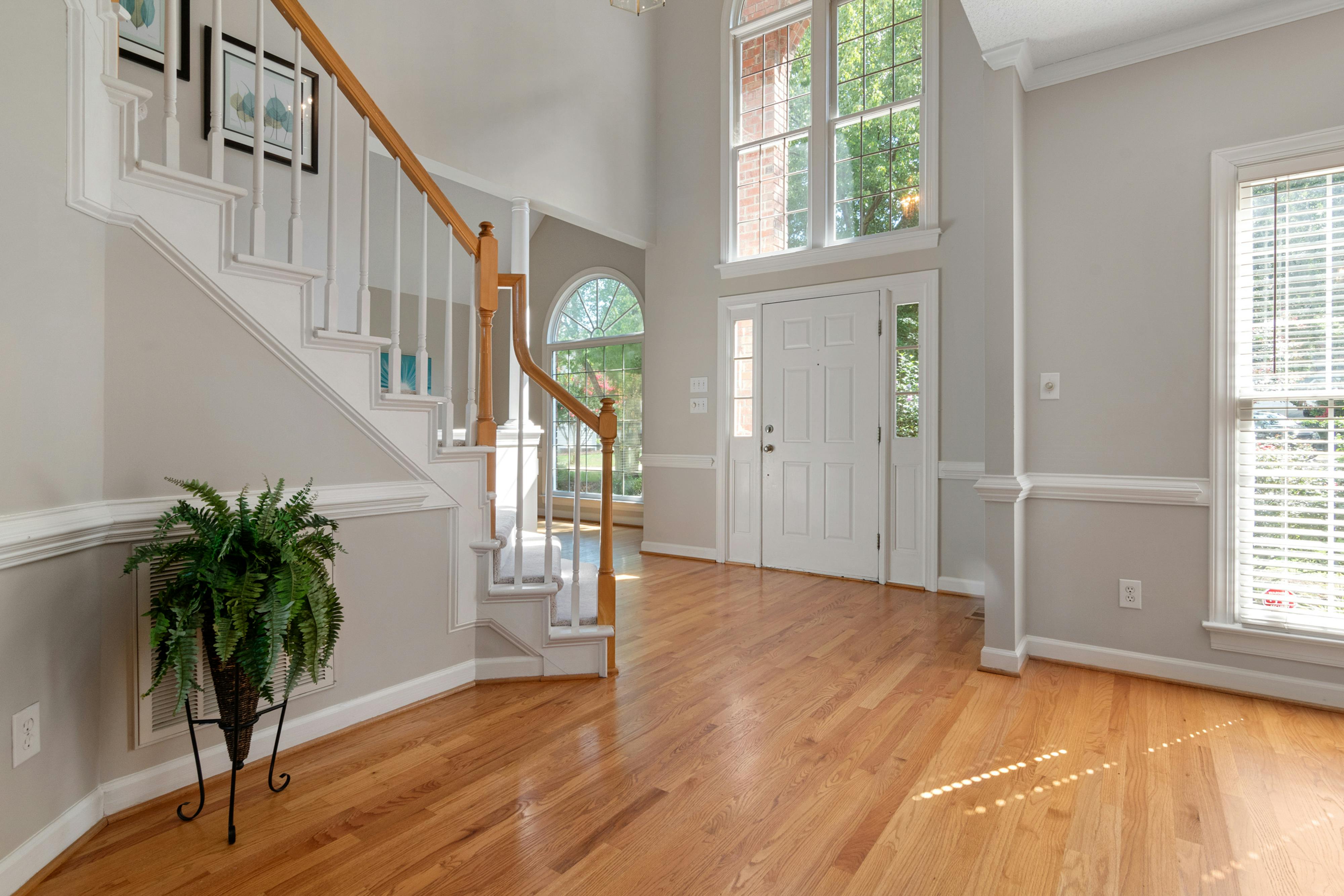Smoking is limited by law in many common social gathering areas. We see more bars and restaurants excluding tobacco smoke on the premises. Other solutions to the growing demands of non-smokers are to require that smokers limit themselves to certain areas. Transportation platforms and offices also exclude smoking. Perhaps the time has come for a smoke-free policy in residences.
Homeowners can adopt a policy that requires all or part of a building to be smoke-free, including individual apartments and condos. There is no law that prohibits it. Smokers are not a protected class. That means there are no federal or state anti-discrimination laws that protect smokers.
Additionally, there is no constitutional or legal right to smoke, not even in the rental unit itself or in common areas such as hallways, elevators, and even private land off the property. Therefore, as a property owner or manager, you can discriminate against smokers by not allowing them to enter your rental units. Is this a good deal.
Why ban smoking?
Smoking can cause other tenants to complain, as smoke reaches non-smoking apartments. In certain circumstances, the landlord may be required to move a tenant. If you have a disabled or sick tenant, secondhand smoke can cause a habitability problem.
A smoke-free environment is also good business because smoking is unsafe and can cause a fire. A smoke-free building will lower your insurance premiums. We had a situation where a tenant put out a cigarette in an upstairs unit with a wooden deck and burned the unit and the ceiling. The damage was nearly a million dollars and all other tenants had to be moved until the repair was completed.
The tars and nicotine are dirty, and cleaning the unit for new rentals is more expensive and time-consuming, and it is more desirable to promote a clean and healthy environment, making rental easier.
How to establish a smoke-free policy
If the building is vacant then you’re in luck, just don’t rent to smokers and include a non-smoking addendum in your lease.
1. Read your lease, you can ban smoking and then simply enforcing a no smoking policy is easy.
2. Notify all tenants that you are moving to a smoke-free building.
3. Post no-smoking signs in all common areas of the building. In some cases, the ban will continue if it is a closed place where people work.
4. Current smokers stay, but you have some tactical options. First, convert your property to the new smoke-free policy at the time of the lease renewal. Second, if you have tenants who smoke, you can issue a change of terms with a thirty-day notice. This could cause bad feelings and may not be enforceable because unilateral changes to existing agreements generally cannot be made. Finally, you could request that smoking be prohibited in certain areas. It is surprising how many people understand that their smoking habit is offensive to others and will comply with it.
5. You may also want to establish a smoke-free environment for new tenants and grandparents of existing smokers. His building would gradually become a non-smoking residence as the older tenants moved in.
6. Post a sign under the no-smoking sign asking tenants to call if smoking is observed in the building or non-smoking areas. The owners have suggested this to us and say it is very effective in curbing smokers. Smoking in a non-smoking area may be grounds for termination of the lease.
7. HUD has developed a smoke-free policy letter that homeowners can use; you can find it here: http://mismokefreeapartment.org/hudletter.pdf
An example of a smoke-free annex
* Do not use this appendix, it is not a substitute for professional advice and is for educational purposes only.
THIS ANNEX dated:
It will be part of the original lease or lease agreement dated:
Between owner / agent:
Y
Resident,
for the residence located at:
State_____________City_________Zip______
Smoke Detector: You acknowledge that as of this date, all smoke detectors installed in said unit are operational at the time of move-in and are located at the following locations: __________________________________
__________________________________
Inspection: You agree that it is your duty to regularly test smoke detectors and you agree to notify the property manager immediately in writing of any problems, malfunctions or failures. You must agree to test these smoke detectors on a monthly basis.
Repair: You must maintain these smoke detectors by replacing the batteries as necessary, unless they are connected to electrical circuits. All battery replacement and replacement cost are your responsibility.
Maintenance: If after replacing the battery, the smoke detector does not work, you must inform management immediately in writing that there is a malfunction in the smoke detector.
Term: The term of this Annex will be the same term as that of the renewal of the lease or the extension of the lease.
I acknowledge that I have read this addendum and understand my obligations under this addendum.
Tenure______________________________________________________
Dated:
Tenure_____________________________________________________
Dated:
___________________________________________________________
Owner manager
Dated:
* This is for your education only. Always consult your professional advisor and never use legal forms that are not approved in your state by a professional advisor.
Howard Bell for yourpropertypath.com
